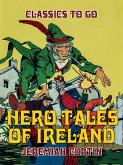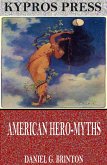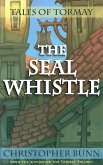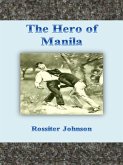Wounded warrior Duncan receives a mysterious letter from an old friend requesting his counsel. During a follow-up visit, he presses Elizabeth for details, and she admits that an older woman whose intent could be nefarious has set her sights on Elizabeth's nineteen-year-old son. Sensing her obvious distress, Duncan agrees to pitch in and help, setting off on an international manhunt with consequences no one could have foreseen.
Bitte wählen Sie Ihr Anliegen aus.
Rechnungen
Retourenschein anfordern
Bestellstatus
Storno









